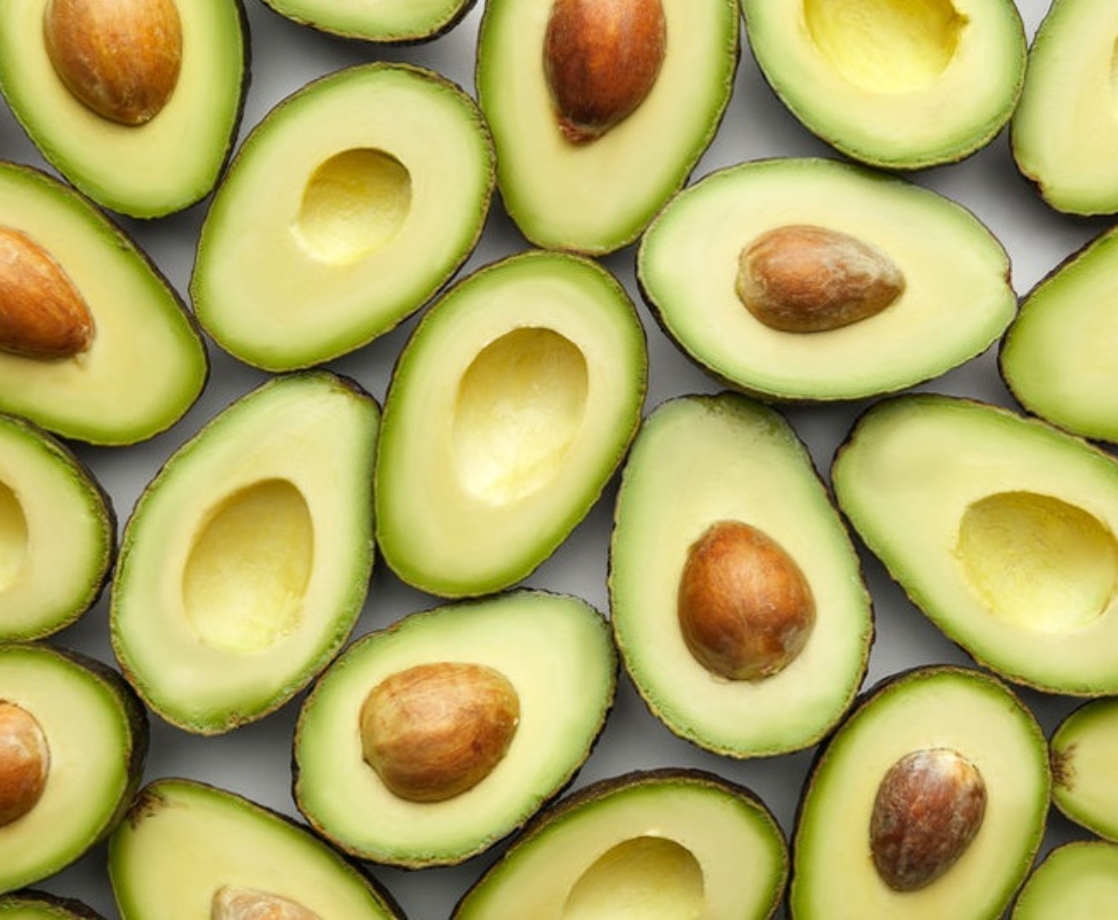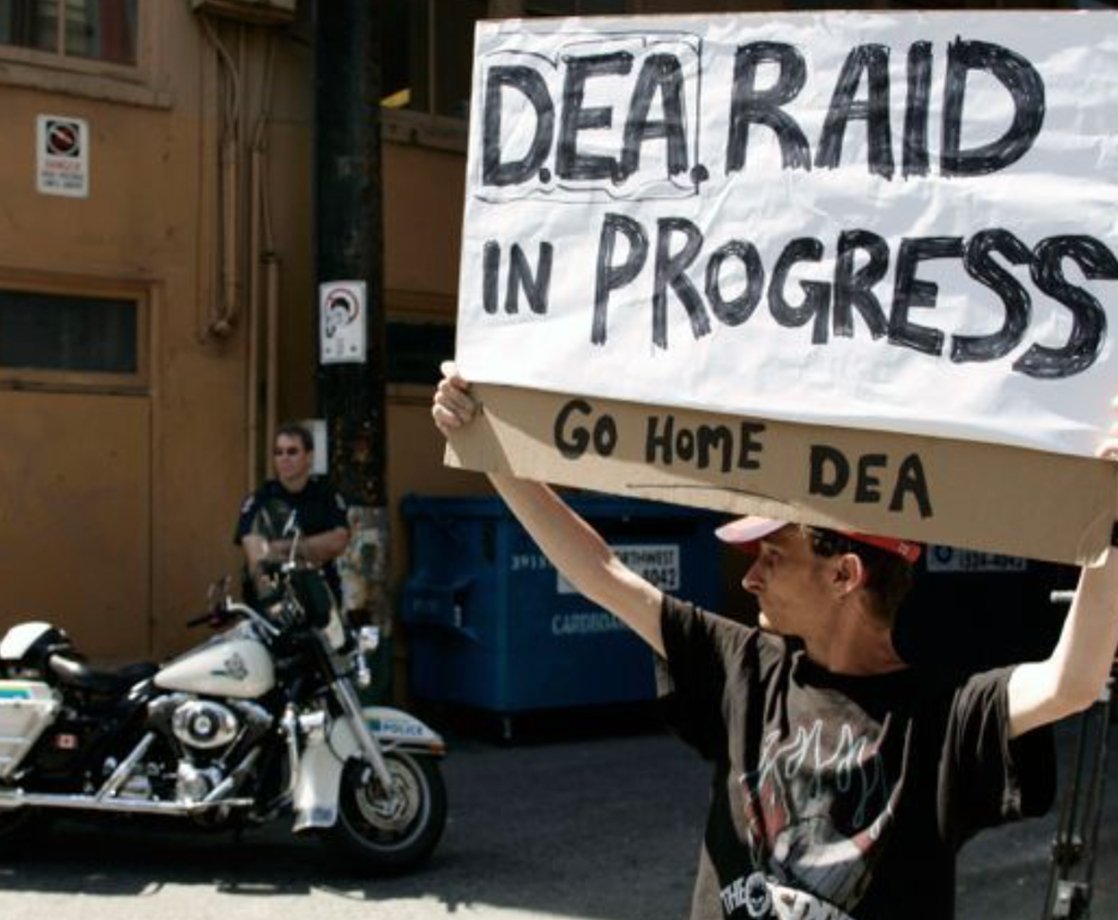Farmers have been growing avocados in Carpinteria Valley, California, for the past 70 years. But now, cannabis — a far more lucrative crop — is springing up all over the area. At first, the existing avocado farms welcomed their new neighbors, but tensions began to rise when these farmers realized that pesticide runoff from their farms could destroy cannabis crops.
Traditionally, avocado farmers in the region hire local pest-control companies to spray their crops with organic and synthetic pesticides every May. This year, however, these companies refused to spray the avocado trees, out of concern of potentially being sued by cannabis farmers over pesticide runoff.
The pesticides that these companies have been using work well for avocados, but are on the state’s “red list” of chemicals that cannot be used on marijuana. If even one part per billion of these pesticides is detected anywhere in a batch of dried weed, state law requires the entire batch to be destroyed. Depending on how big the farm is, that means losing out on thousands or more in profit.
Avocado farmers were surprised by this sudden decision, which left them without the pest protection they were relying on. Instead, avocado farmers will be forced to use an organic pesticide that is safe for weed — but not terribly effective on avocados.
Sharyne Merritt, who has a 13-acre organic avocado farm in the valley, told the Santa Barbara Independent that his plants will “have to be sprayed three or four times.” In other words, it will cost three or four times as much, and he believes it will be minimally effective. But, as of now, he has no choice.
“The cannabis industry has forced significant impacts on the community and expected the community to adjust,” Scott Van Der Kar, a farmer who grows avocados and lemons in the Carpinteria foothills, told the Independent. “With the avocados, we’re just talking about fruit damage,” Van Der Kar added. “With the lemons, we’re talking about losing the fruit tree… Why am I bearing the cost and the negative impacts of this new neighbor? What do we get out of this?”
Local cannabis farmers did not demand that the pest control companies refrain from spraying the avocado farms, however. The Cannabis Association for Responsible Producers (CARP), which represents all 27 pot farms in the valley, was ready to sign an agreement that would strike a compromise between both types of farms.
“There’s no grower that’s ever threatened to sue an applicator or an avocado guy,” Graham Farrar, president of CARP, said. “No cannabis growers got mad or tried to push anybody out. We were just trying to be good neighbors.”
Regardless, attorneys for the commercial sprayers advised them to back out of the agreement. “We’re all disappointed, but we’re just not going to do it,” said Rob Scherzinger, founder of Aspen Helicopters, Inc., one of the four pest control companies that service the valley. “It’s just a snake in the grass that will bite us one of these days. It’s a potential loss we can’t afford.”
State law prohibits pesticide “drift” from a farm to any adjacent property, and Scherzinger said that attorneys told him he could be legally liable if his pesticides drifted onto a local pot farm.
“I understand why they’re so freaked out,” County Supervisor Das Williams said. “Normally, I support the strongest regulation against pesticides, but the state regulations for cannabis are ridiculous and impractical. Even the organic insecticides are not allowed.”
Now that the agreement has fallen through, Williams said he wasn’t sure “what more they can do… The cannabis folks have bent over backward and the lawyers are mucking it up.”











